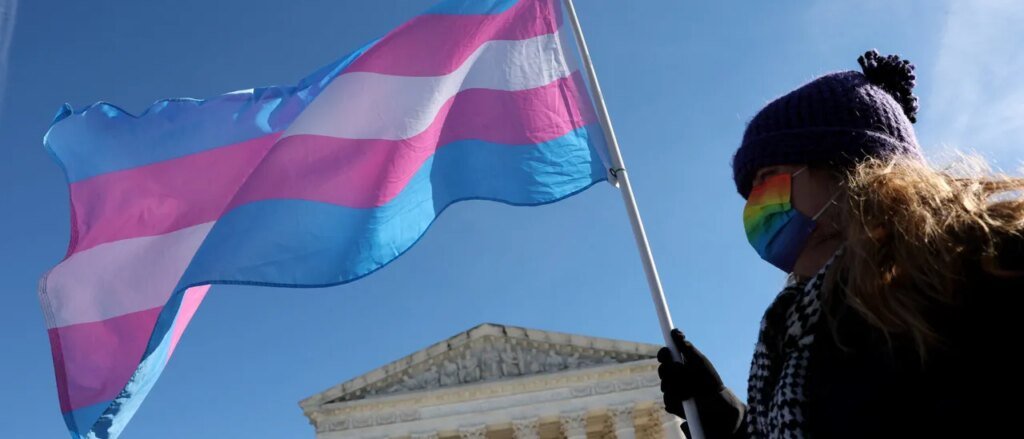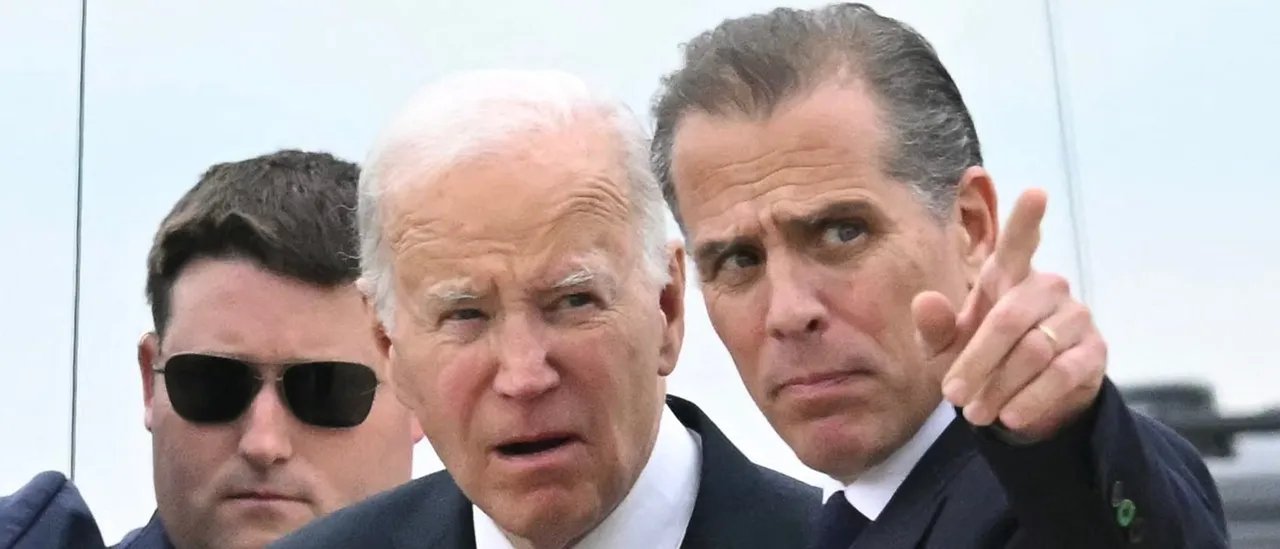Call for Hospitals to Reassess Ties with Transgender Activist Groups
The Medical Watchdog organization is urging hospitals to sever connections with transgender activist groups that promote gender ideology and a healthcare model centered on pediatric gender transitions.
A recent 36-page report titled “How The Human Rights Campaign’s Healthcare Equality Index Infects Pediatric Hospitals With Gender Ideology” was released on August 14. This report discusses the Human Rights Campaign (HRC) and its influence on hospitals, pushing them to adopt policies that include requiring leadership to undergo LGBTQ+ training, asking patients if their “gender identity” differs from their sex, and offering insurance coverage for interventions like puberty blockers.
“It’s crucial to unveil the significant influence human rights campaigns have on the health care sector. Our research illuminates how HRC pressures children’s hospitals to implement chemically and surgically invasive procedures,” a spokesperson noted.
“By aligning with HRC’s agenda, hospitals are failing their patients, especially children dealing with gender-related issues. If you’re concerned about quality pediatric care, it’s essential to distance yourself from HRC and its metrics,” said Miceli. “Medical professionals need to understand the realities of pediatric gender medicine and challenge the harmful practices propagated by HRC and similar organizations.”
The HRC has yet to respond to requests for comment.
The report also highlights significant claims filed by hospitals—over $100 million between 2019 and 2023—for experimental treatments related to pediatric gender transitions.
According to the report, HRC and its foundation advocate for gender ideology through the Healthcare Equality Index (HEI), which assesses hospitals based on their commitment to this ideology. This index evaluates hospitals on five key categories of compliance, with the potential for a perfect score of 100 based on meeting HRC’s criteria.
Hospitals are expected to offer “transgender-specific clinical services” and promote specialized gender clinics. Not meeting these standards exerts pressure on the 41 children’s hospitals participating in the HEI.
Additionally, hospitals are encouraged to have staff engage in HRC-approved gender training. These trainings suggest that staff should inquire about children’s “gender identity,” even without parental presence.
In 2024, 41 children’s hospitals engaged with the HEI, with 20 receiving a perfect score of 100. Those that achieve this score publicly communicate their commitment to implementing interventions aimed at pediatric transitions.
The report concludes by urging healthcare providers to “detangle” HRC’s influence from children’s hospitals to protect kids from potential harms associated with gender ideology. It warns that the ideologies are deeply embedded in healthcare institutions and emphasizes the need for courageous opposition from all staff members.
“Now is the time for all employees, from executives to healthcare workers, to stand against the policies and training that promote gender ideology. A silent majority must become vocal. Courage can inspire others, and strength lies in unity,” the report urges.







